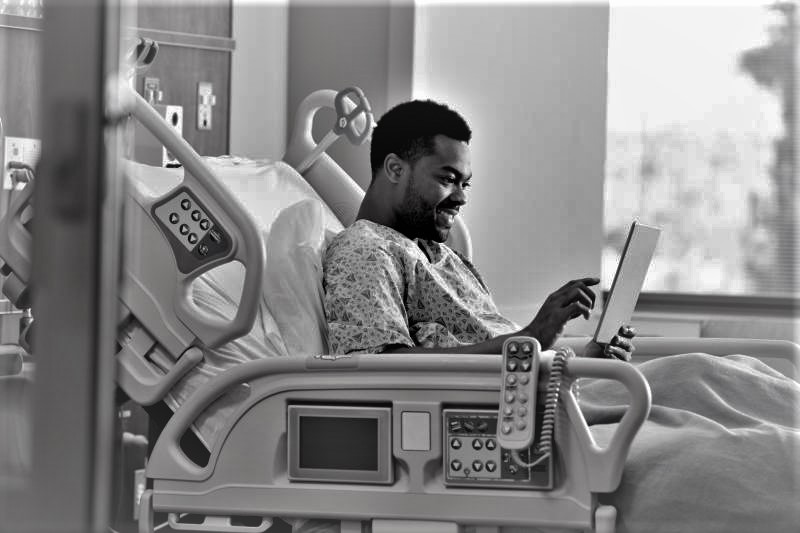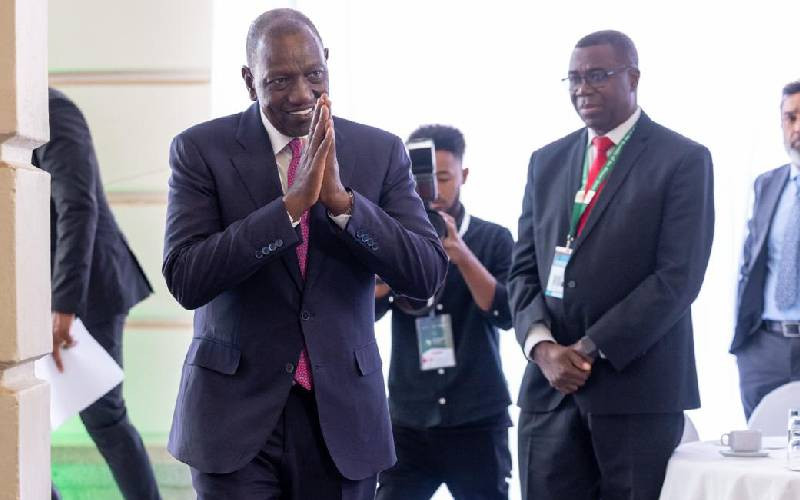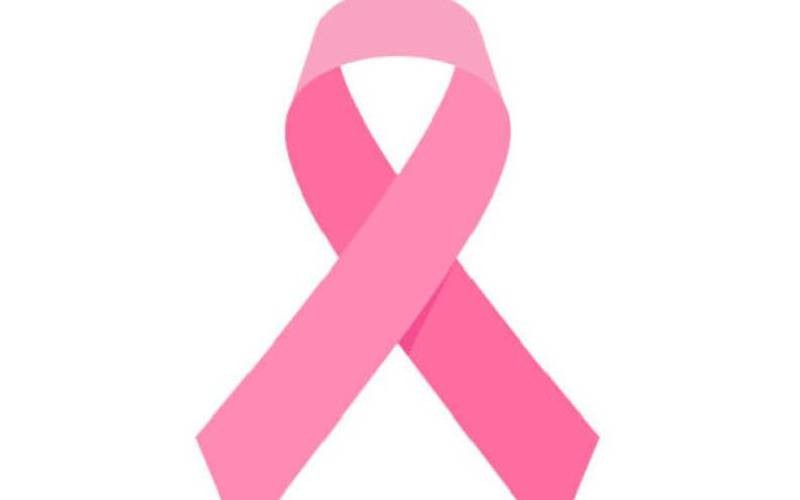
Male Patient In Hospital. [Getty Images]
John Ndulu considers himself a ‘healthy’ man in his early 40s. He cannot recall the last time he saw a doctor, not because he has never fallen sick, but the very thought of getting a scary diagnosis has always put him off the doctor’s office.
“I fear the results of a diagnosis,” Ndulu says. “What if the doctor tells me I have a terminal condition? That will mean unbearable stress and perhaps a change in my normal routine.”
Facts First
This story continues on The Standard INSiDER. Subscribe now for unfiltered journalism that holds power to account.
Already have an account? Login
 The Standard Group Plc is a multi-media organization with investments in media
platforms spanning newspaper print
operations, television, radio broadcasting, digital and online services. The
Standard Group is recognized as a
leading multi-media house in Kenya with a key influence in matters of national
and international interest.
The Standard Group Plc is a multi-media organization with investments in media
platforms spanning newspaper print
operations, television, radio broadcasting, digital and online services. The
Standard Group is recognized as a
leading multi-media house in Kenya with a key influence in matters of national
and international interest.











